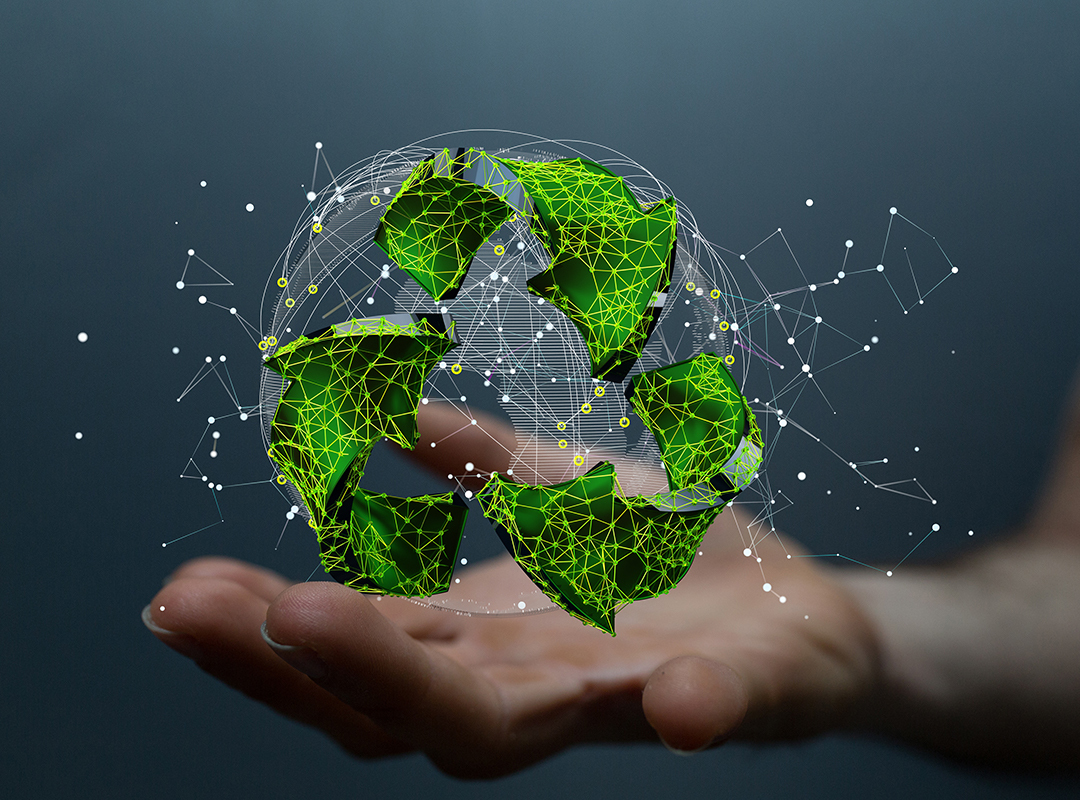Recycling is the process of converting waste into new products, thereby reducing the use of raw materials and energy consumption. It is an essential aspect of sustainable living and a crucial step towards creating a greener future. Recycling plays a crucial role in preserving our planet and making our environment cleaner and healthier.The concept of recycling has been around for centuries, with humans using scrap metals and materials for new purposes. However, it was not until the late 19th century that industrial recycling began on a larger scale. Since then, recycling has become an essential part of modern waste management systems, reducing the volume of waste sent to landfills and incinerators.Recycling has numerous benefits for the environment, society, and the economy. By reducing the amount of waste that ends up in landfills and incinerators, recycling conserves natural resources and reduces greenhouse gas emissions. It also reduces the need for new landfills, which can have significant environmental and health impacts on local communities.Recycling also has social and economic benefits. Recycling creates jobs in the waste management industry and supports local economies. It also helps to reduce the cost of waste disposal for municipalities, which can translate into lower taxes for residents.Visit our partners,shoes – leaders in fashionable footwear!One of the most significant challenges facing the recycling industry is contamination. Contamination occurs when non-recyclable materials, such as food waste or plastic bags, are mixed in with recyclable materials. Contamination reduces the quality of recycled materials and can even make them unusable, leading to increased waste and a loss of resources. It is essential to properly sort and clean recyclable materials to ensure that they can be effectively recycled.

Another challenge facing the recycling industry is the lack of infrastructure and investment. Many communities do not have adequate recycling facilities, making it difficult for residents to recycle. Additionally, the cost of recycling can be higher than the cost of disposing of waste in landfills, making it less attractive for businesses and municipalities to invest in recycling programs.
To overcome these challenges, we need to increase public awareness of the importance of recycling and promote policies and initiatives that support recycling. Governments can provide incentives and funding for recycling infrastructure, and businesses can invest in sustainable practices that reduce waste and increase recycling. Individuals can also make a difference by properly sorting and cleaning recyclable materials and reducing waste in their daily lives.
In conclusion, recycling is an essential aspect of sustainable living and a crucial step towards creating a greener future. It conserves natural resources, reduces greenhouse gas emissions, creates jobs, and supports local economies. By properly sorting and cleaning recyclable materials and promoting policies and initiatives that support recycling, we can create a more sustainable future for ourselves and generations to come.
To overcome these challenges, we need to increase public awareness of the importance of recycling and promote policies and initiatives that support recycling. Governments can provide incentives and funding for recycling infrastructure, and businesses can invest in sustainable practices that reduce waste and increase recycling. Individuals can also make a difference by properly sorting and cleaning recyclable materials and reducing waste in their daily lives.
In conclusion, recycling is an essential aspect of sustainable living and a crucial step towards creating a greener future. It conserves natural resources, reduces greenhouse gas emissions, creates jobs, and supports local economies. By properly sorting and cleaning recyclable materials and promoting policies and initiatives that support recycling, we can create a more sustainable future for ourselves and generations to come.

